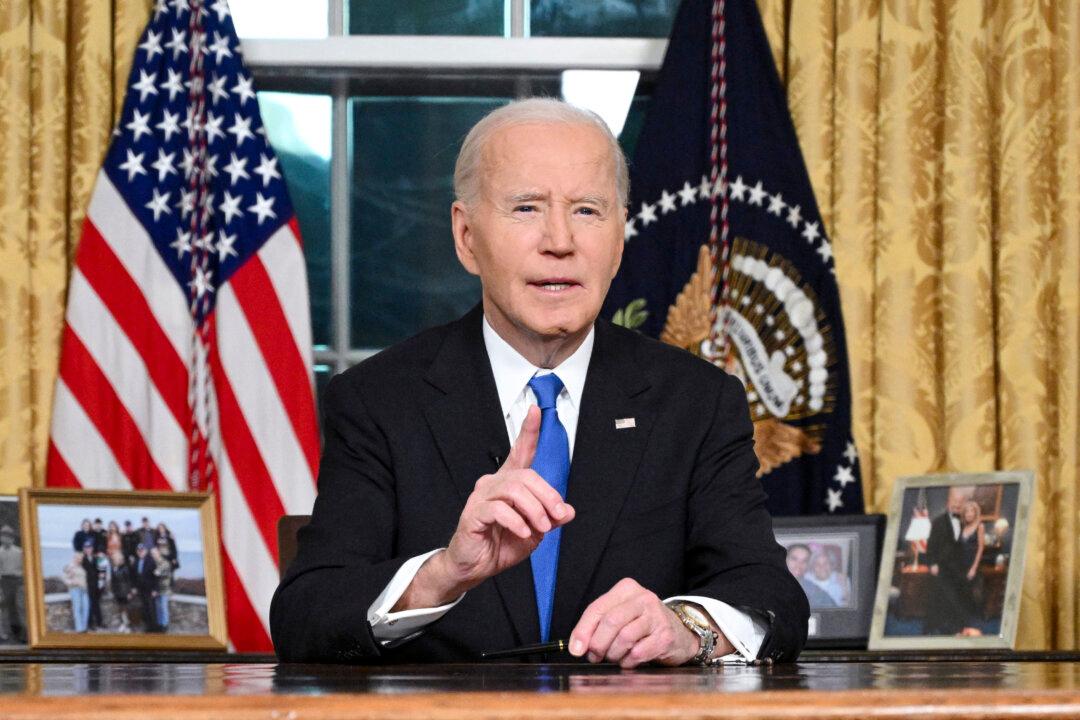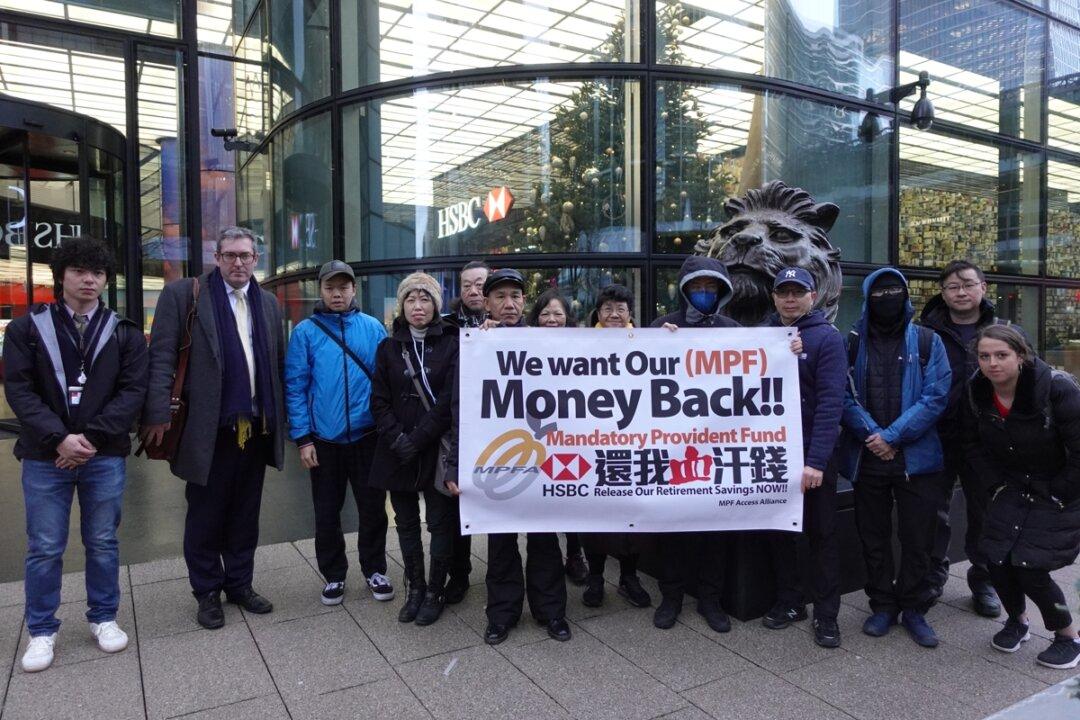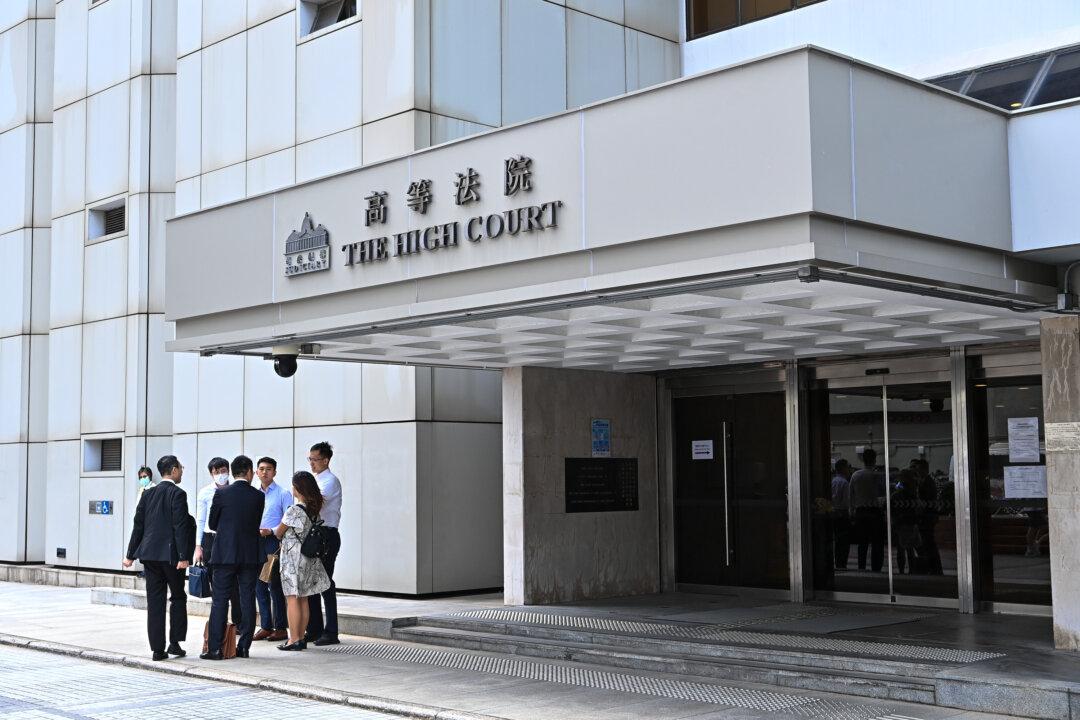On May 31, the International Monetary Fund (IMF) Executive Board issued an assessment report after summing up Hong Kong 2023 Article IV Consultation Discussions. The report mentioned that the talent shortage is becoming a prominent concern with the significantly declining labor force in Hong Kong during the past few years.
The IMF pointed out that the impact of the local economic challenges has extended to the labor market, and the problem with talent shortage is alarming.




